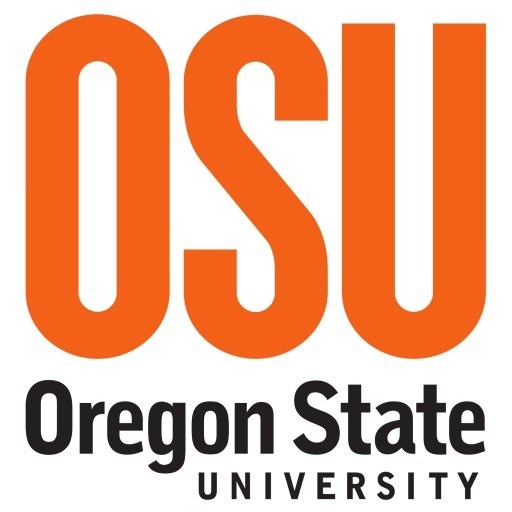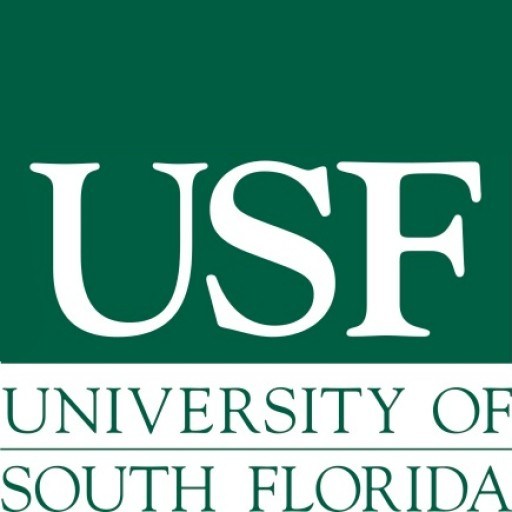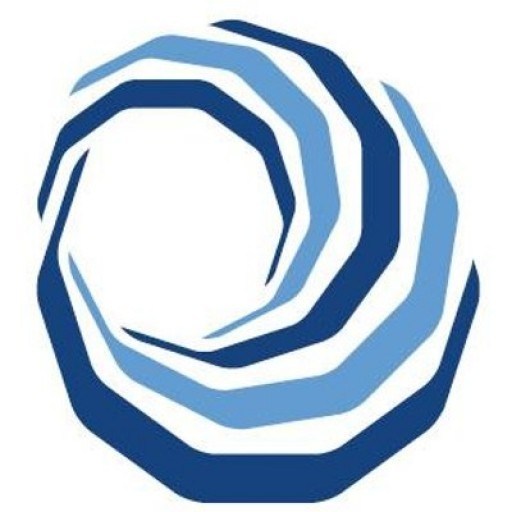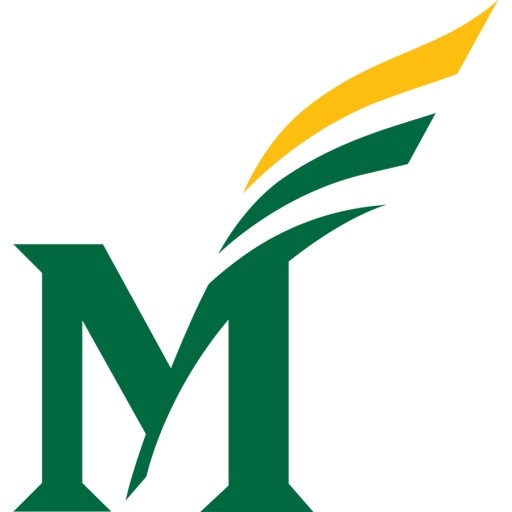The Bachelor of Science in Business and Science — Industrial Mathematics at Rutgers University-Camden offers a unique interdisciplinary program designed to prepare students for a wide range of careers that require strong analytical and quantitative skills. This program combines rigorous coursework in mathematics, statistics, and computational techniques with relevant business knowledge to equip students with the ability to solve complex problems in industry, finance, technology, and data science. Through this program, students gain a solid foundation in mathematical theories, modeling, data analysis, and applied mathematics, alongside an understanding of business principles such as management, finance, and economics. The curriculum emphasizes practical applications, including coursework in operations research, numerical methods, probability, and mathematical modeling, which are highly valued in many sectors. Students have opportunities to engage in research projects, internships, and collaborations with industry partners, providing real-world experience and enhancing their employability upon graduation. The program is designed to develop not only technical proficiency but also critical thinking, problem-solving, and communication skills essential for leadership positions in a competitive global environment. Graduates of this program are well-positioned to pursue careers in data analysis, financial modeling, consulting, technology development, or to continue their education in graduate or professional schools, including engineering, business, or applied mathematics. With Rutgers-Camden’s strong emphasis on experiential learning and industry connections, students receive a comprehensive education that prepares them for a dynamic and evolving job market.
The Bachelor of Science in Business and Science – Industrial Mathematics at Rutgers University-Camden offers students a comprehensive interdisciplinary education that combines rigorous mathematical training with practical applications in business and industry. This innovative program is designed for students who are interested in applying advanced mathematical concepts to solve complex problems in various industrial sectors, including manufacturing, technology, finance, and logistics. Throughout the program, students will develop strong analytical and problem-solving skills, along with a deep understanding of how mathematics can drive decision-making and innovation in real-world settings.
The curriculum includes core courses in calculus, linear algebra, differential equations, probability, and statistics, providing a solid foundation in mathematical theory. Complementing these are specialized courses in industrial mathematics, operations research, mathematical modeling, and computer programming, which equip students with the tools necessary to analyze and optimize processes within industrial environments. The program emphasizes hands-on learning through laboratory exercises, simulations, and project-based assignments, encouraging students to apply theoretical knowledge to practical scenarios.
Students in this program will also have the opportunity to engage in internships with local businesses and industry partners, gaining valuable work experience and professional connections. Additionally, the program prepares students for graduate studies in applied mathematics, business analytics, or related fields. With a curriculum designed to foster both technical expertise and business acumen, graduates of this program will be well-positioned for careers as industrial mathematicians, data analysts, operations managers, or consultants in various industries.
Beyond technical skills, the program emphasizes critical thinking, effective communication, teamwork, and ethical considerations in technological applications. The interdisciplinary nature of the program helps students understand how mathematical techniques integrate with business strategies to create innovative solutions that improve efficiency and competitiveness. Upon completion, students will be equipped with the versatile skill set needed to excel in dynamic, data-driven industrial environments and contribute meaningfully to technological and business advancements.
The Bachelor of Science in Business and Science — Industrial Mathematics at Rutgers University-Camden requires students to complete a comprehensive curriculum designed to equip them with strong analytical, mathematical, and business skills. The program consists of foundational coursework in mathematics, including calculus, statistics, and applied mathematics, which provide the essential quantitative skills needed for complex problem-solving in various industrial contexts. Students are also required to take courses in business disciplines such as management, economics, and accounting to develop a solid understanding of business principles and operations.
In addition to core courses, students must engage in specialized classes focusing on applied mathematics topics, including operations research, computational methods, and mathematical modeling that are directly relevant to industrial applications. The program emphasizes practical experience through laboratory work, projects, and possibly internships, enabling students to apply their theoretical knowledge to real-world scenarios. Elective courses allow students to tailor their education towards specific interests within the field, such as data analysis, logistics, or financial mathematics.
To ensure a well-rounded education, the program includes general education requirements in areas like communications, humanities, and social sciences, fostering critical thinking and effective communication skills vital for professional success. Capstone projects or a thesis component may also be part of the curriculum, designed to synthesize learning and demonstrate proficiency in applying mathematics to solve complex industrial problems.
Students are expected to develop proficiency in relevant software tools and programming languages used in industry, such as MATLAB, R, or Python, which are integrated into coursework and projects. The program is structured to prepare graduates for diverse career opportunities in fields such as manufacturing, logistics, finance, analytics, and technology, or to pursue advanced studies through graduate programs. Overall, the Industrial Mathematics program at Rutgers-Camden aims to produce graduates who are both adept mathematicians and knowledgeable business professionals capable of addressing modern industrial challenges with innovative solutions.
The Bachelor of Science in Business and Science – Industrial Mathematics at Rutgers University-Camden offers various financing options to assist students in managing the cost of their education. Students can explore multiple avenues for funding including federal and state financial aid programs, scholarships, grants, and loans. The university encourages eligible students to complete the Free Application for Federal Student Aid (FAFSA) to determine their eligibility for federal aid programs such as the Federal Pell Grant, Federal Work-Study, and federal student loans. Rutgers University-Camden also provides institutional scholarships and merit-based awards that recognize academic excellence, leadership qualities, and community involvement. Students are advised to review the university’s scholarship opportunities through the Office of Financial Aid and the department-specific scholarships that may be available for industrial mathematics majors. Additionally, external scholarships from private organizations, industry-sponsored awards, and professional associations related to mathematics and business fields can provide supplemental funding sources. The university’s financial aid counselors are available to guide students through the application process, help them understand their financial obligations, and explore repayment options for student loans. Payment plans are often available to spread tuition costs over several installments, making the financial burden more manageable. Furthermore, students are encouraged to seek part-time employment opportunities both on and off campus to offset living expenses and tuition costs. It is also advisable for students to consider internship programs that might offer stipends or stipends combined with academic credit. Overall, Rutgers University-Camden is committed to making education accessible by providing comprehensive financial support options tailored to meet diverse student needs, ensuring that financial barriers do not prevent qualified students from pursuing their academic goals in Business and Science with a specialization in Industrial Mathematics.
The Bachelor of Science in Industrial Mathematics at Rutgers University-Camden offers students a comprehensive foundation in mathematical principles and their applications to real-world industrial problems. This program is designed to prepare students for careers in various industries, including manufacturing, finance, technology, and consulting, where quantitative analysis and problem-solving skills are in high demand. The curriculum combines rigorous coursework in advanced mathematics, including calculus, linear algebra, differential equations, probability, and statistics, with practical training in computational methods and data analysis. Students also gain experience in modeling physical and industrial systems, optimizing processes, and applying mathematical techniques to solve complex engineering and business challenges.
Throughout the program, students are encouraged to participate in internships, cooperative education opportunities, and research projects that provide hands-on experience and industry exposure. The faculty members are experts in their fields and often collaborate with industry partners to ensure the curriculum remains relevant and aligned with current technological advancements and market needs. The program aims to develop not only technical skills but also critical thinking, communication, and teamwork abilities, which are crucial for success in industrial settings.
Graduates of the Industrial Mathematics program can pursue various career paths such as data analyst, operations researcher, financial analyst, quality assurance specialist, or further their education through graduate studies in applied mathematics, engineering, or business. Rutgers University-Camden emphasizes a supportive academic environment with resources including modern laboratories, tutoring centers, and career services to assist students in achieving their academic and professional goals.
In addition to coursework, students are encouraged to engage with the broader scientific and industrial communities through seminars, conferences, and student organizations, fostering networking opportunities that can lead to employment or research collaborations. The program also emphasizes ethical practices and the societal impact of mathematical work, preparing graduates to contribute responsibly and effectively in their respective fields. With a curriculum designed to be flexible and interdisciplinary, the Industrial Mathematics program at Rutgers University-Camden provides a robust platform for students aiming to excel in technologically driven and data-intensive industries.






